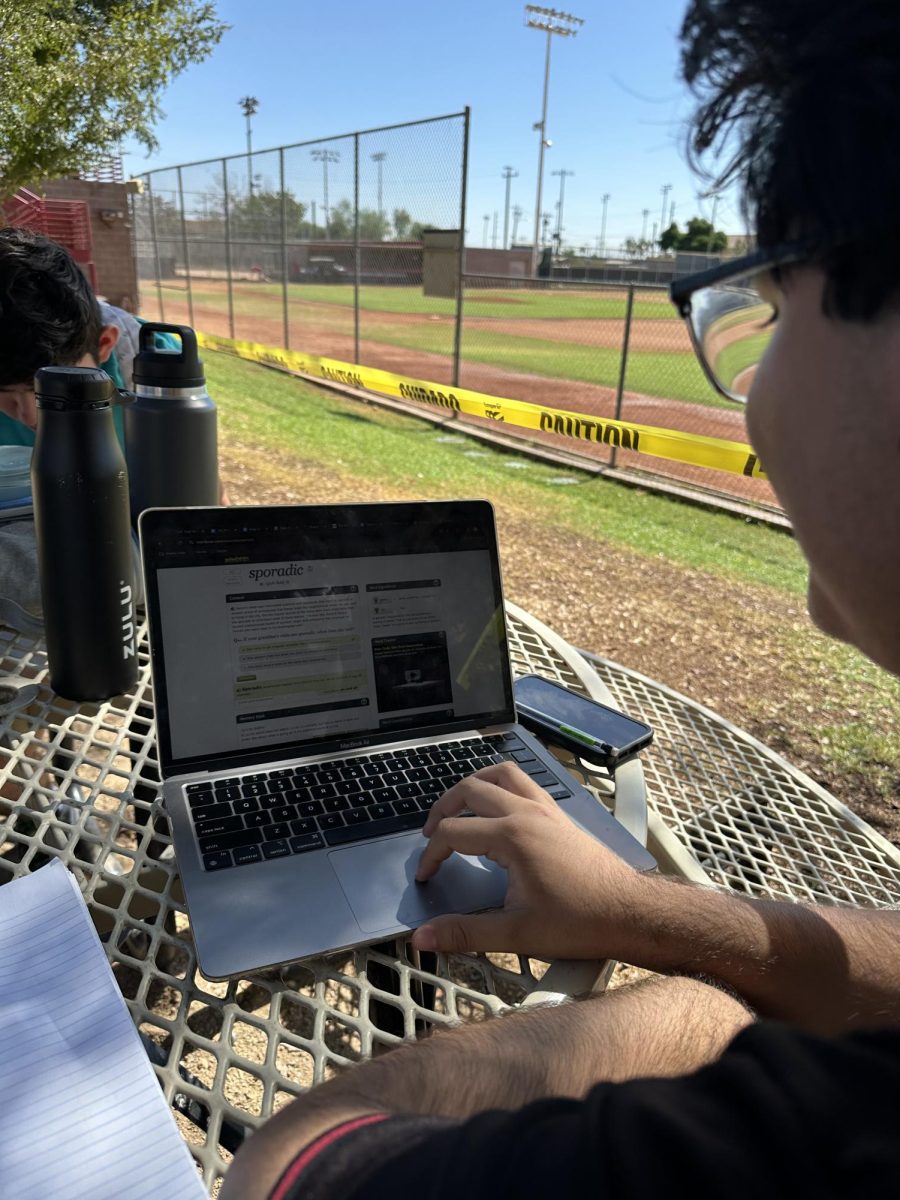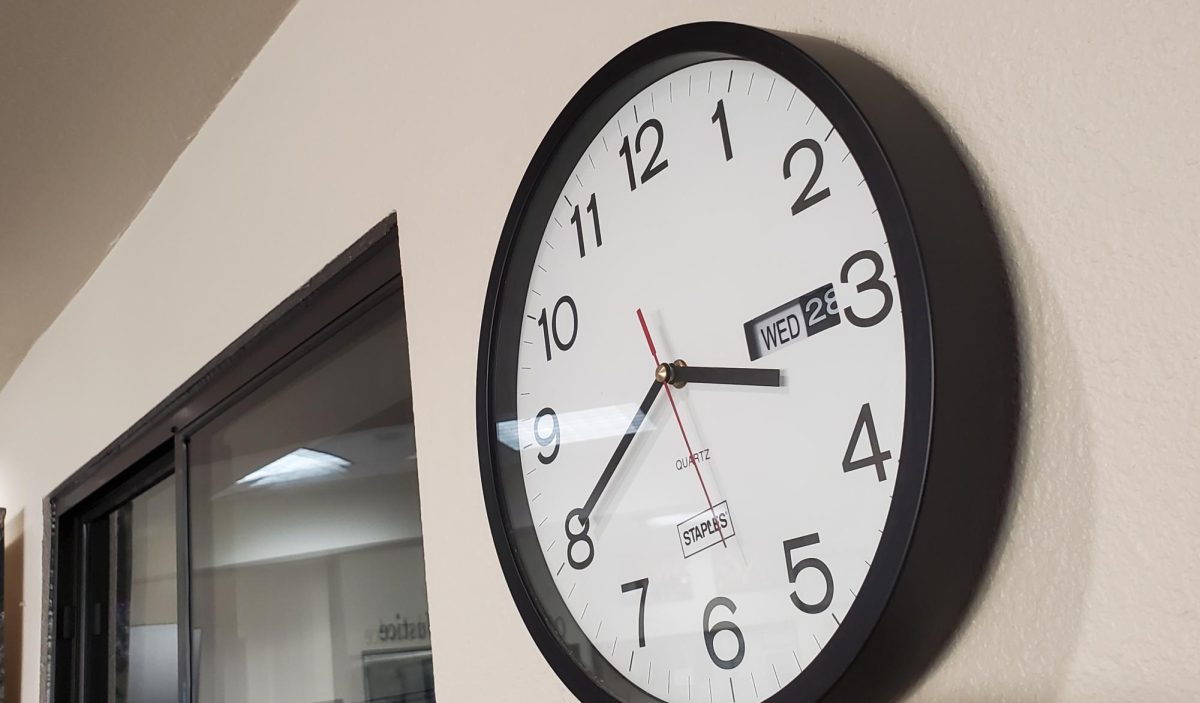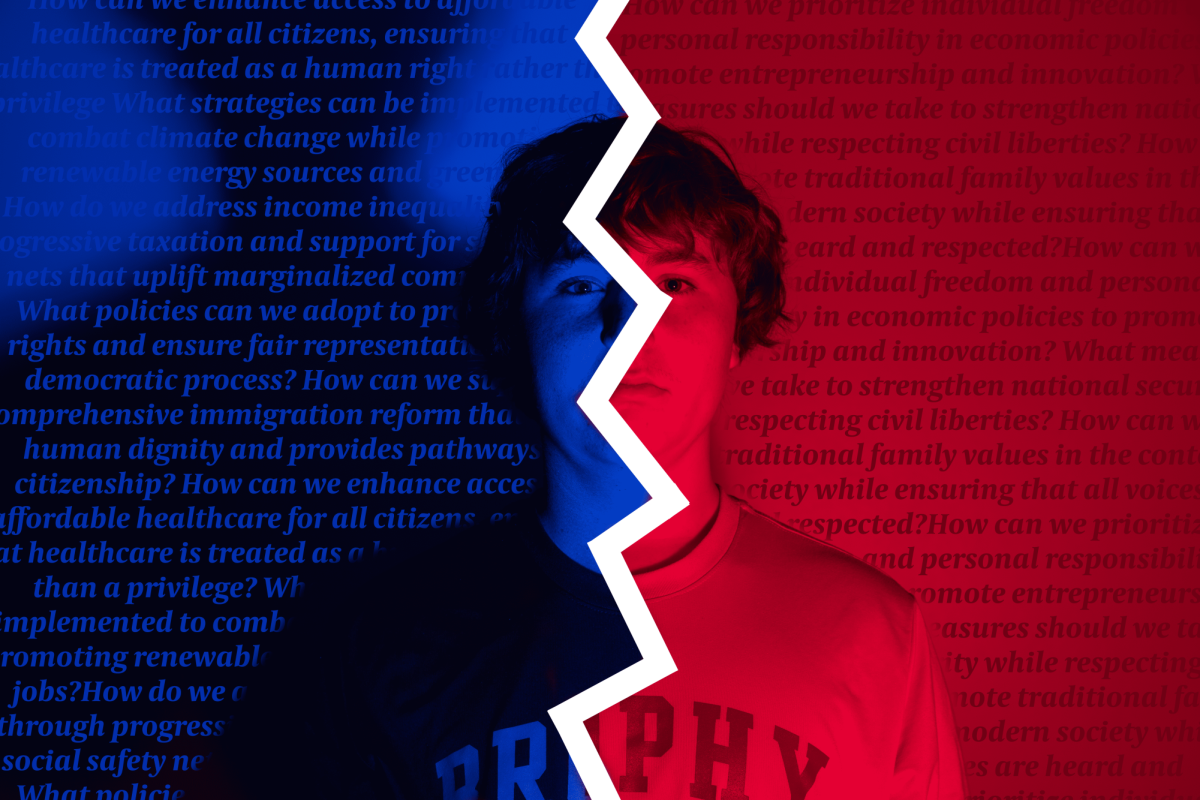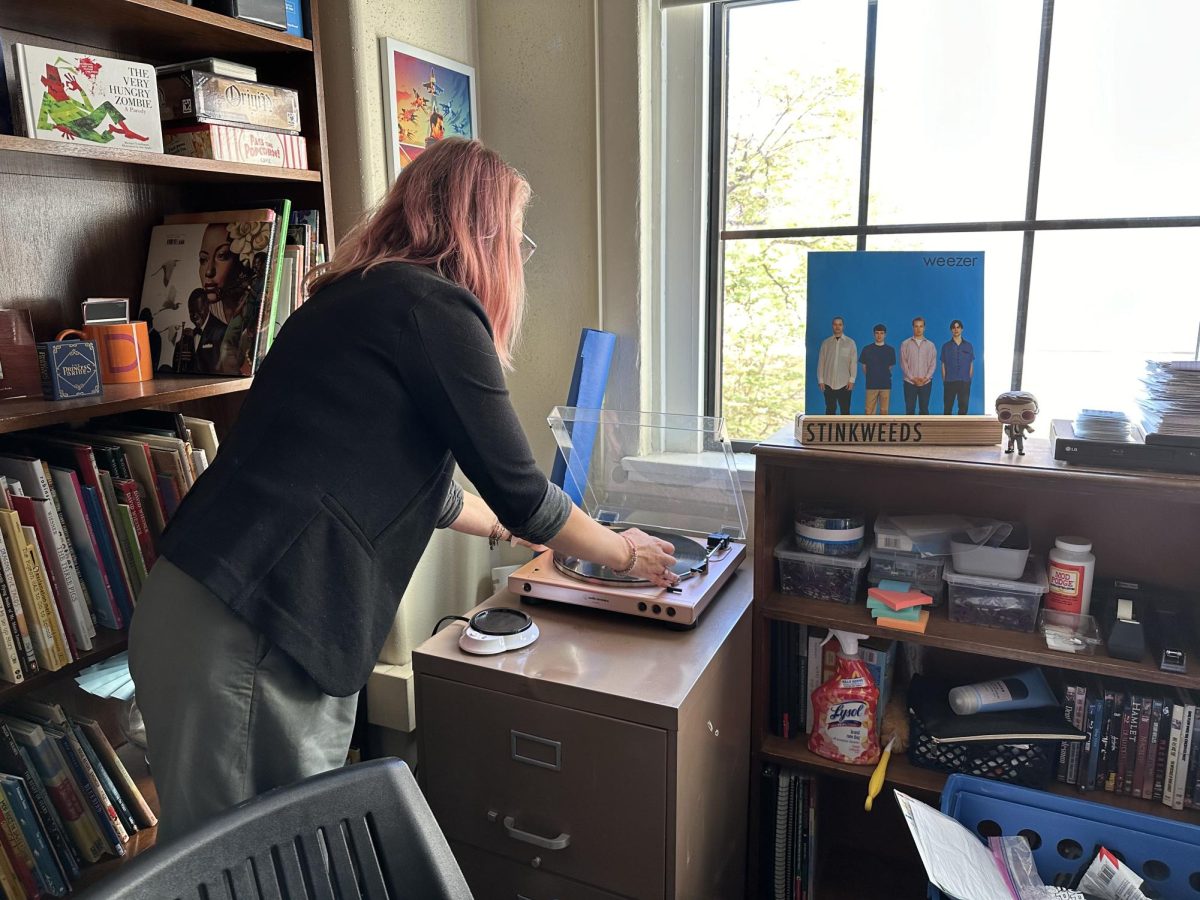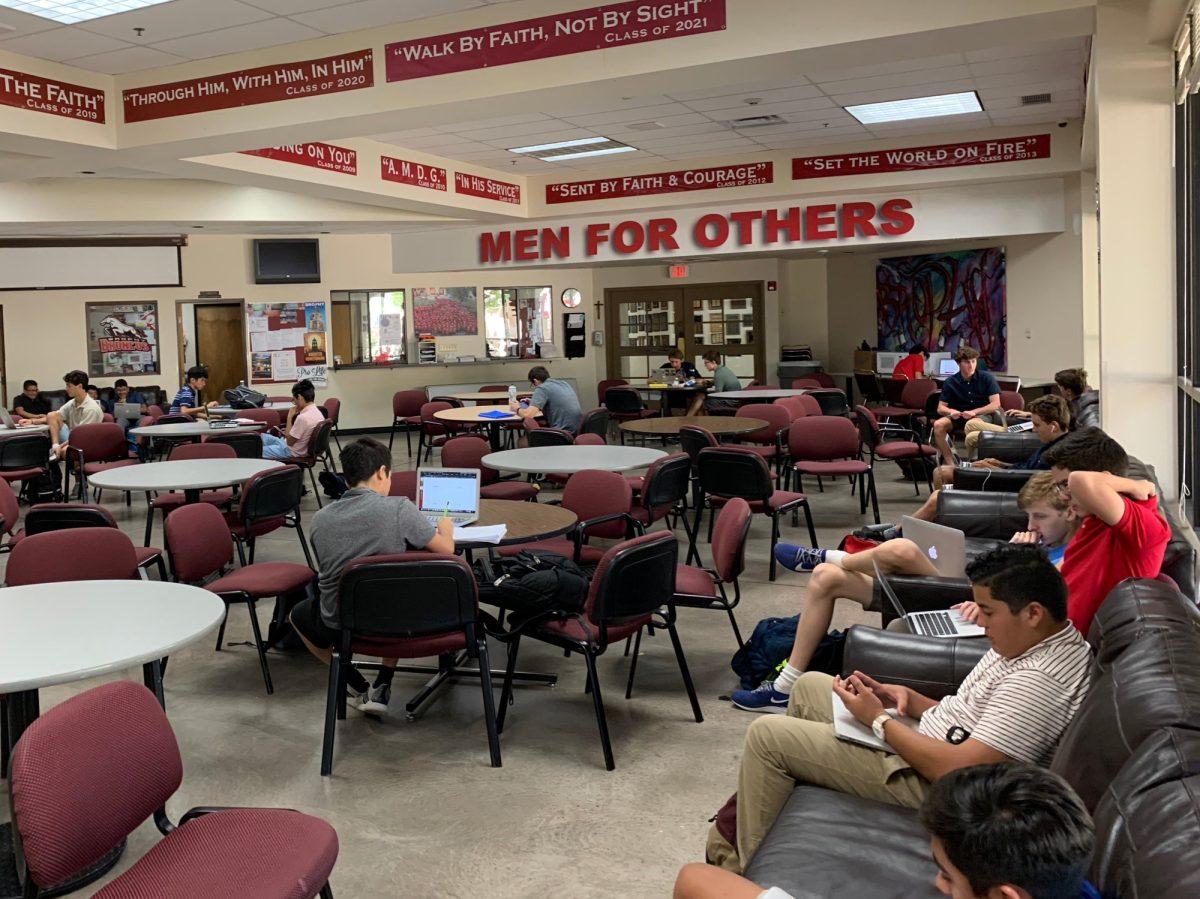Photo by Quentin Dunnigan ’22 | Students are diligently working on their homework in the Student Activity Center
By Quentin Dunnigan ’22
THE ROUNDUP
As students continue to challenge themselves and take on mass amounts of school work alongside other things, anxiety grows more and more common and prevalent.
Especially in schools, anxiety has been a large problem for many students and continues to become a problem for many more. “Anxiety is the number one problem at schools across the nation,” said Mrs. Karen Parise, who is a licensed counselor on campus.
As students challenge themselves with more difficult classes and strain themselves to get good grades, anxiety becomes an overwhelming problem. “There is a ton of competition here that creates the anxiety,” Mrs. Parise said.
These existing feelings of uneasiness and anxiety that are already had by many students are amplified when we begin to compare ourselves to one another, generating even more anxious feelings.
Procrastination is one of the leading factors causing students to get behind on their schoolwork, which in turn creates greater feelings of anxiety and stress. A negative mindset furthers this academic stress to the point of anxiety causing feelings, creating a vicious repetition of further procrastination, which often affects many other aspects of life.
One of the ways in which students counter procrastination is by strengthening their organization and planning their studies in the future. However, this proves to be a struggle for many students.
Chiraag Sachdev ’22, who takes many advanced courses such as AP United States History and Honors Chemistry, feels that though he can handle the workload, it takes him a lot of time and he struggles with organization. On the topic of time spent on AP United States History homework alone, Sachdev said,“If you average it up per night, probably about 3-4 hours.”
Although school, schoolwork and homework can be major factors, contributing towards feelings of anxiety, there are numerous other hurdles that may contribute to anxiety.
“If a student is not sleeping enough there are a lot of physical impacts of that,” said Mr. Matthew Hooten who, among other courses, has been teaching AP United States History for 10 years. A lack of sleep affects basic function in a lot of ways. This further affects performance in things school sports and other after school activities.
On the same topic of sleep, Mrs. Parise further stated, “If you don’t sleep, you can’t cope. It really makes all the difference.” Repetition of sleepless nights and days can create a cycle of anxious feelings, stress, and other both physical and mental problems.
This is furthered by the lack of physical function that people face due to a lack of sleep. This cycle and the common nature of students to sacrifice sleep in exchange for school work, makes a lack in sleep a large contributor towards feelings of angst.
“It’s very anxiety producing for your mind to go from Spanish to phone, Spanish to phone, Spanish to phone,” Mrs. Parise said. “Having those constant distractions are anxiety producing.” On top of lack of sleep and workload, distractions such as one’s cell phone can contribute to a rise in anxiety.
“Yoga, mediation, all those kinds of things, retreats, immersion trips, give you permission to do nothing,” Mrs. Parise said. Through activities such as meditation, yoga and trips to relaxing or tranquil areas, all of which are offered by Brophy, one can relax and take time away from school, homework, cell phones, et cetera.
By doing this, impending feelings of anxiety and stress can be challenged and reduced greatly.









